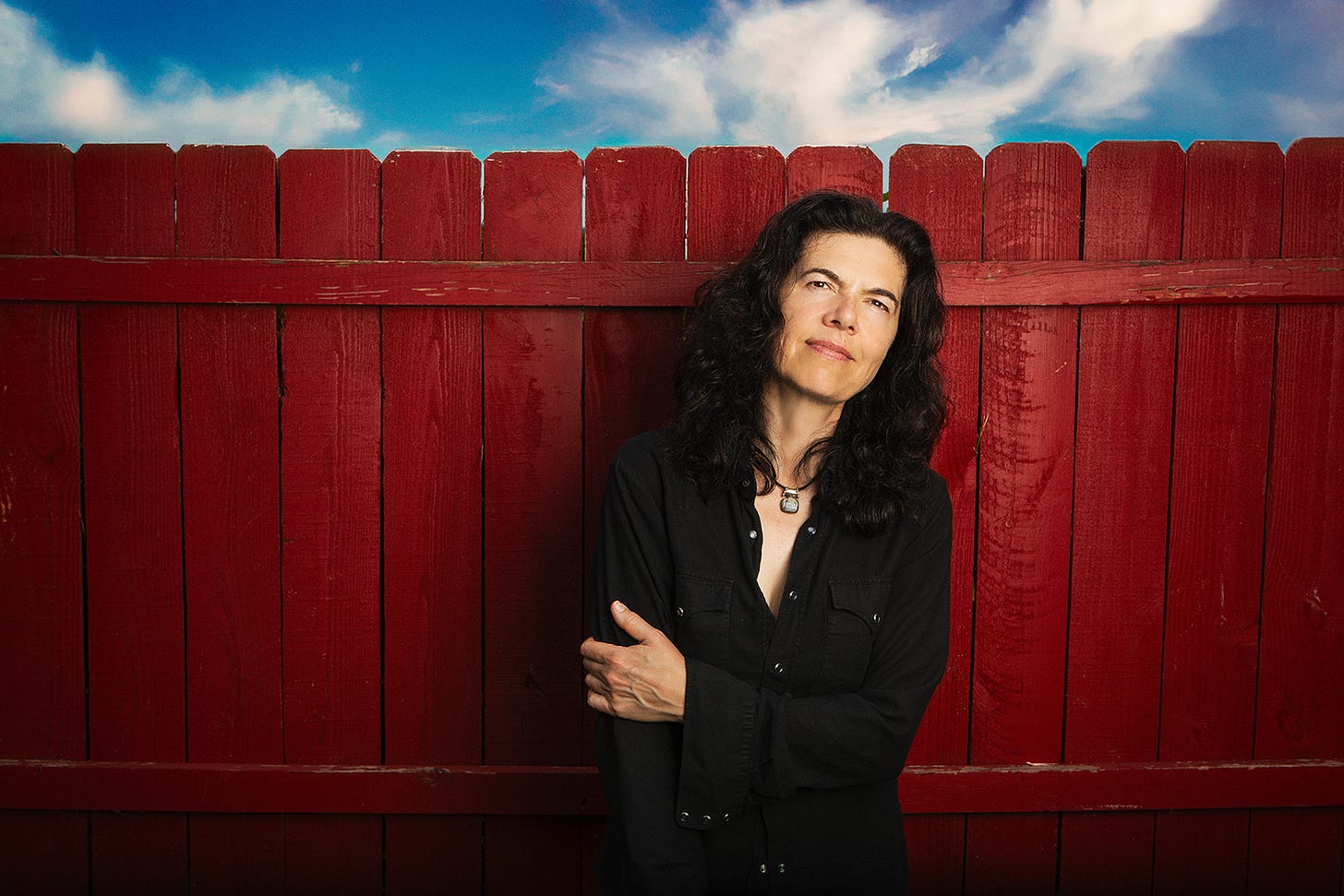CR 063: Maia Sharp on Writing from a ‘Playful, Inspired’ Place
The celebrated singer-songwriter discusses her 10th studio album, “Tomboy.”
Maia Sharp has a lot on her plate. In addition to writing and recording her own songs, writing and producing songs for other artists, touring the country, running a Patreon account, and serving as an adjunct faculty member at NYU, the acclaimed indie singer-songwriter is promoting her 10th studio album, Tomboy.
The album’s title track, which also served as the first single, was the result of a lighthearted argument Sharp had with her co-writer, Emily Kopp, over who looked more like a boy when they were kids. “I showed her some photos of me, and she showed me some photos of her,” Sharp says. “We were just laughing our asses off. It led to a conversation of how it felt then, because then we both felt a little not like the others. You’re the only one in your friend group that looks like this. You go into the hair cutting place, and you pick one of the boy cuts. You go into the mall to get your school clothes, and you go over to the boys’ section. Y…
Keep reading with a 7-day free trial
Subscribe to Creative Reverberations to keep reading this post and get 7 days of free access to the full post archives.



